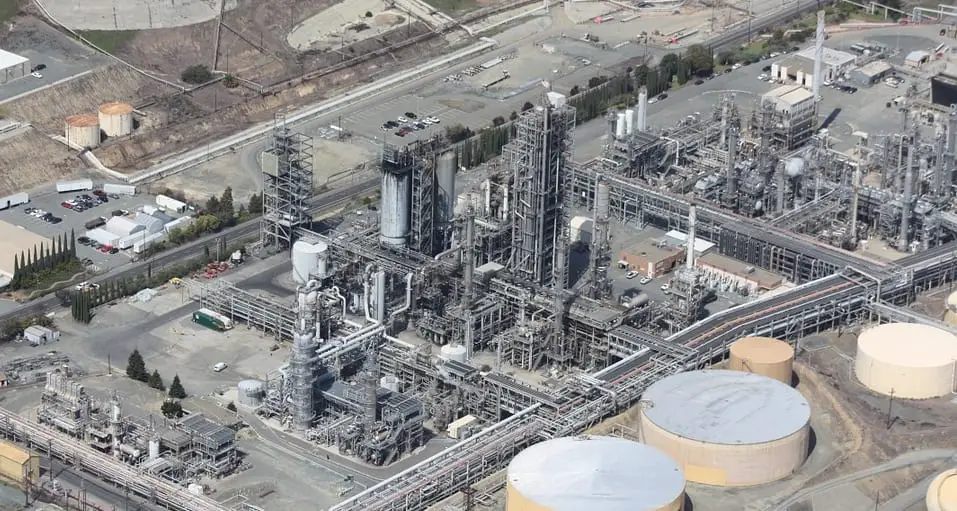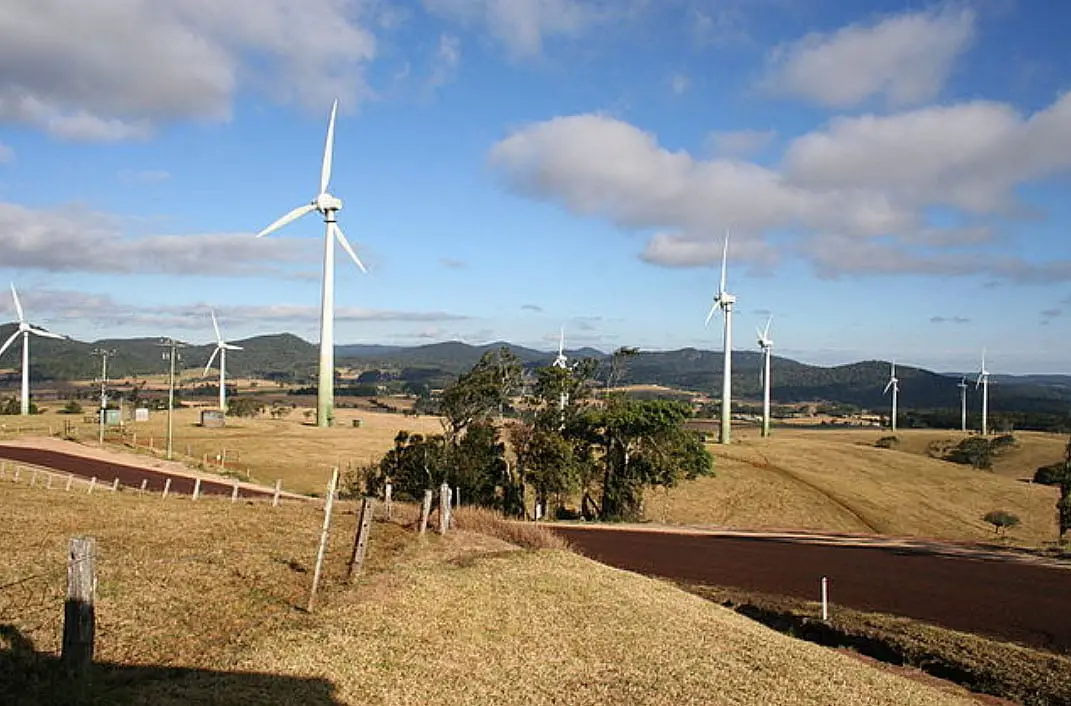
The Netherlands opens the door to geothermal sector with 2050 natural gas ban
September 28, 2018The region will be able to use alternative sources of heat as a result of this new eco-friendly move.
The Netherlands has announced its intention to ban natural gas by 2050 and, in doing so, it is paving the way for the geothermal energy and waste heat sectors to expand.
The country’s heating demands are currently widely served by natural gas, but this will be changing.
As reported by Treehugger in a recent article, the government intends to create a full natural gas ban as a source of heating by 2050. At the moment, 89 percent of homes in the Netherlands are heated by natural gas. Furthermore, residential heating represents about 10 percent of the country’s CO2 emissions.
The Dutch government has released its “Energy Agenda” with the intention of bringing its economy to a nearly carbon-neutral level by 2050. That said, as impressive as this goal may sound, it will not necessarily be an easy one. There will be massive and widespread changes that will need to take place across the country in order to make it happen. Simply replacing natural gas as the primary heating fuel will be a considerable challenge by itself.
That said, beyond the natural gas ban, it also intends to use energy savings and conservation strategies.
Among the top alternative energy sources expected to meet the heating demands are geothermal district heating, heat pumps (both electric and hybrid), condensed boilers, and waste heat. According to Treehugger’s report, as much as 20 percent of overall heating sources will be satisfied by district heating networks. Within those, 70 percent will be provided by waste heat, whereas another 30 percent will come from geothermal energy.
That said, the Treehugger report went on to point out that this still doesn’t fully explain how the country’s targets will be met. It pointed out that there remains a 40 percent demand reduction within the Energy Agenda, without any details as to how that specific goal will be achieved.
 Still, it was interesting that with the natural gas ban in the Netherlands, geothermal energy is rising to the surface – so to speak – as a source of heat with far greater appeal and potential. This is particularly true in the private sector and in operations such as greenhouse heating, where there is currently a large demand for energy for lighting and heating.
Still, it was interesting that with the natural gas ban in the Netherlands, geothermal energy is rising to the surface – so to speak – as a source of heat with far greater appeal and potential. This is particularly true in the private sector and in operations such as greenhouse heating, where there is currently a large demand for energy for lighting and heating.



 With over 15 years of reporting hydrogen news, we are your premier source for the latest updates and insights in hydrogen and renewable energy.
With over 15 years of reporting hydrogen news, we are your premier source for the latest updates and insights in hydrogen and renewable energy.